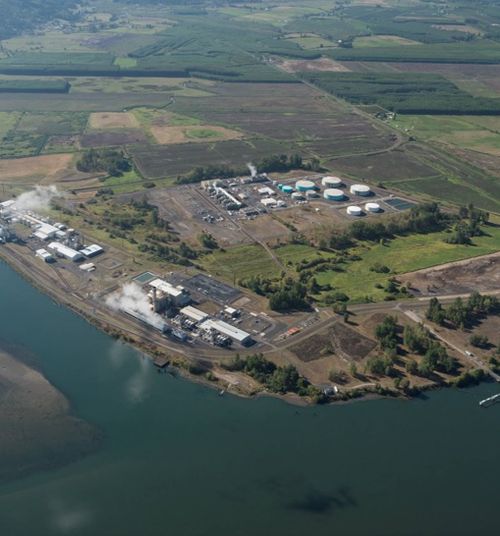The American Chamber of Commerce to the European Union (AmCham EU) is actively lobbying the EU on policies related to low-carbon hydrogen and Carbon Capture, Utilization, and Storage (CCUS) technologies, positioning these as critical for achieving the EU’s decarbonization goals, particularly in hard-to-abate sectors.
In position papers published today, AmCham EU advocates for simplified and harmonized regulations that enable rapid deployment of low-carbon hydrogen technologies. They emphasize that hydrogen policies should prioritize carbon intensity over production methods, pushing for a technology-neutral approach that accommodates both renewable and low-carbon hydrogen.
AmCham EU supports the development of the European Hydrogen Bank to facilitate the production and adoption of low-carbon hydrogen. But they argue that the bank should focus on supporting hydrogen projects based on carbon intensity, rather than solely promoting renewable hydrogen. This would help scale the hydrogen economy faster, while ensuring financial and investment security for hydrogen projects.
The organization is promoting enhanced transatlantic cooperation with the US to access lower-cost low-carbon hydrogen, develop international trade routes, and establish common certification standards. They see this collaboration as essential for driving global standards and best practices in hydrogen production and utilization.
CCUS technologies are another area where AmCham EU is actively lobbying to position the EU as a leader in the global decarbonization effort.
For example, AmCham EU stresses that more than two-thirds of EU Member States have not adequately recognized the role of CCUS in their National Energy and Climate Plans (NECPs). They urge the European Commission to push Member States to include concrete CCUS strategies to achieve decarbonization in hard-to-abate sectors.
AmCham EU argues that the current financial incentives, particularly through the EU’s Emissions Trading System (ETS), are insufficient to drive CCUS investments. They call for the introduction of financial support mechanisms at both EU and national levels, to help offset the high upfront costs of CCS projects. Streamlining and simplifying access to EU funding for CCUS projects is seen as crucial for their large-scale deployment.
Developing CO2 transport and storage infrastructure is critical to unlocking the full potential of CCUS technologies. AmCham EU estimates that the EU will need approximately 19,000 km of CO2 pipelines by 2040. They also push for the EU to facilitate the development of more CO2 storage sites and improve the transparency and permitting procedures for storage.
Similar to its stance on hydrogen, AmCham EU advocates for stronger transatlantic cooperation on CCUS technologies, focusing on developing global carbon accounting standards, sharing best practices, and promoting cross-border infrastructure.





